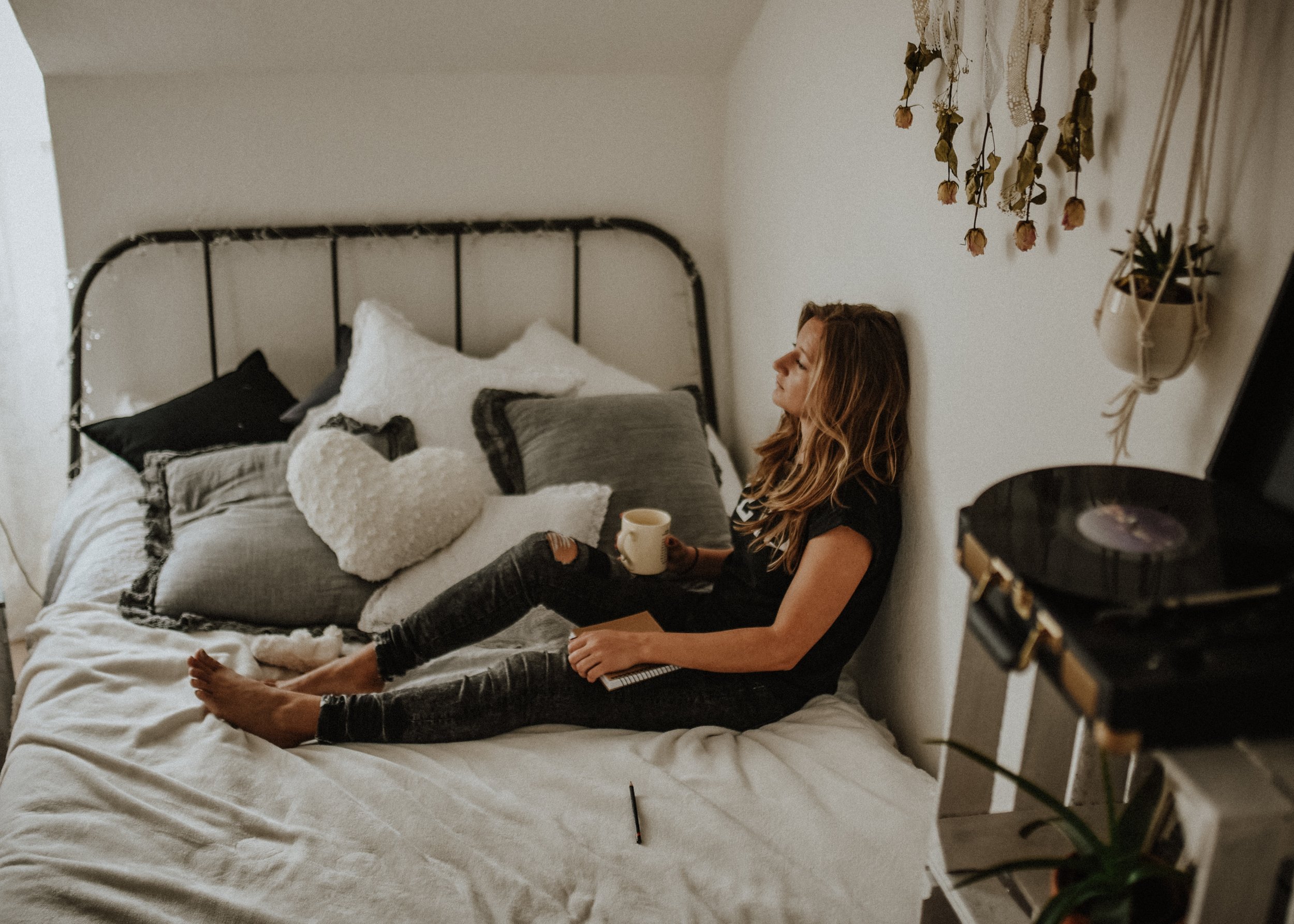The holidays are coming! Here in the United States, Thanksgiving is right around the corner and all the other winter celebrations are soon to follow. I’ve come to love the holiday season because it means spending time with family, eating good food and enjoying social gatherings—but it wasn’t always that way.
I can remember as a child having HUGE expectations for what I felt the holiday “should be.” Most of the time life didn’t meet my expectations. Things were usually pretty good, but I wanted things to be perfect. In my fantasy, I’d get all the gifts I asked for, my siblings wouldn’t tease me, we’d bake pies and cookies and no one would get yelled at or get in trouble. We’d be the perfect family celebrating the perfect Christmas. As you might expect, I was often left feeling disappointed.
Perfectionism and Expectations
Perfectionism and having high expectations are a couple of ways we try to manage our anxiety about things we can’t control. We tell ourselves that if nothing goes wrong, then we won’t feel bad, things won’t be uncomfortable, nothing will derail the holiday spirit.
The unspoken expectations are especially hard for us and our relationships. We want others to know what we need, but we might not know how to ask. Then, when our expectations aren’t acknowledged or met, we feel hurt, unseen, underappreciated…. But how can others meet our expectations if they know nothing about them?
If we hope that the people in our lives who care about us will be able to intuit—just know—what we need, we’re giving them a lot of credit for mind reading or picking up on subtle or passive clues. Most people aren’t that attuned or gifted!
How to get your expectations met
I’ve found that for holidays and celebrations to feel enjoyable and less stressful, it’s up to me to know what I want and need, and to share that with others. I’m working to be in the moment so I can experience what’s happening right now (managing my expectations) and asking for help when I need it (asking for what I need).
Here are five suggestions to help you feel more at ease and enjoy this holiday season and beyond:
Take some time to listen to You. What expectations do you have? What are your hopes?
Ask yourself in the moment, are my expectations realistic? Am I sharing my expectations with others?
When you’re feeling resentful, underappreciated, frustrated or unseen, ask yourself, “What do I need right now?” Maybe you need help setting the table, or shopping for your partner’s mother’s gift. Who can you ask for help?
When you’re tired, overwhelmed or stressed, ask yourself, “What can I give to Me right now?” Maybe it’s rest, or a drink of water or hot tea. Maybe it’s pausing and taking a deep breath. Maybe you need a hug. Can you find a way to give yourself what you need in this moment?
Take some time to savor the good. Can you see colorful leaves on the trees or ground? Or snow sparkling in the sunlight? Did your child or pet snuggle up next to you just as when you were about to go do more—and did that allow you to pause and connect for a moment? Or maybe you noticed you were tired and went to bed early instead of scrolling social media. Try to be present with that good feeling for a few minutes.
You may feel holiday stress, because the holidays are stressful and we’re all carrying a lot more additional stress coming into the holidays this year. Still, when we manage our expectations and we voice our needs to ourselves and others, we can reduce the stress and enjoy the moments that are happening all the time, right now.



















